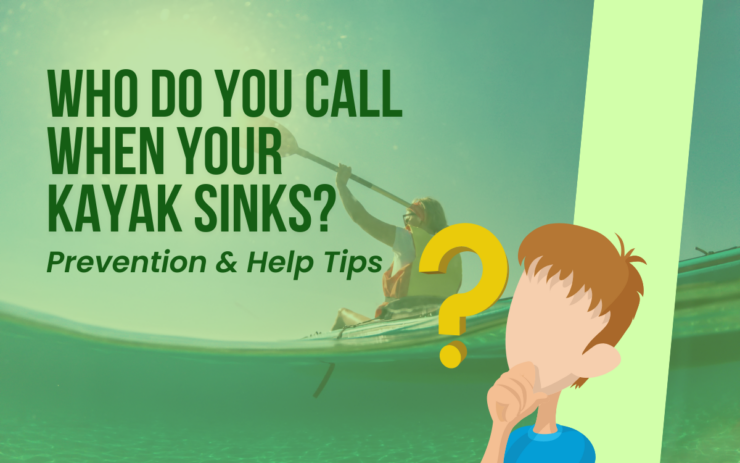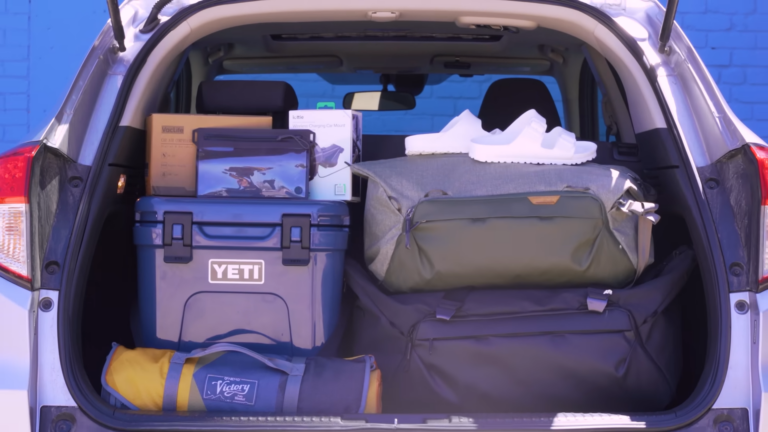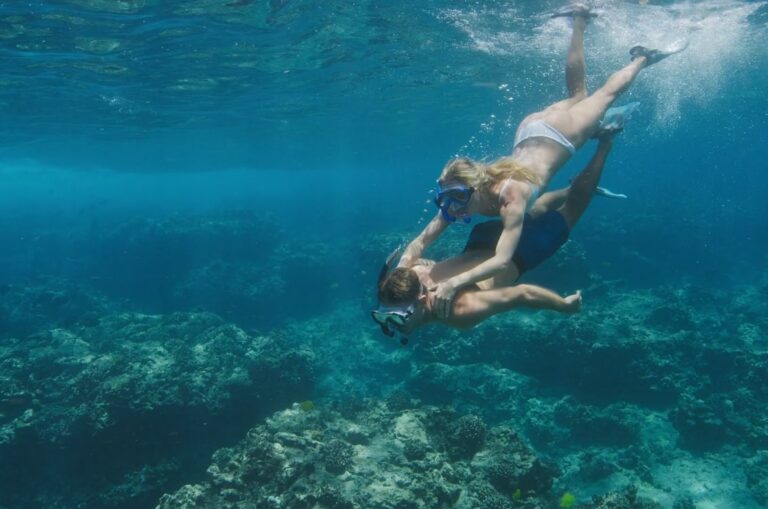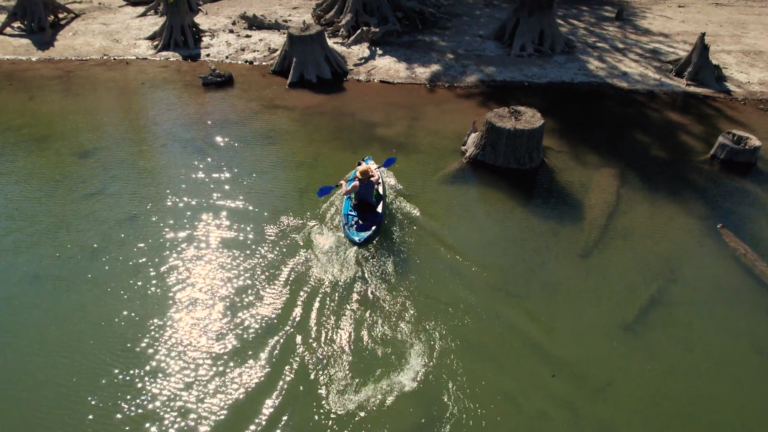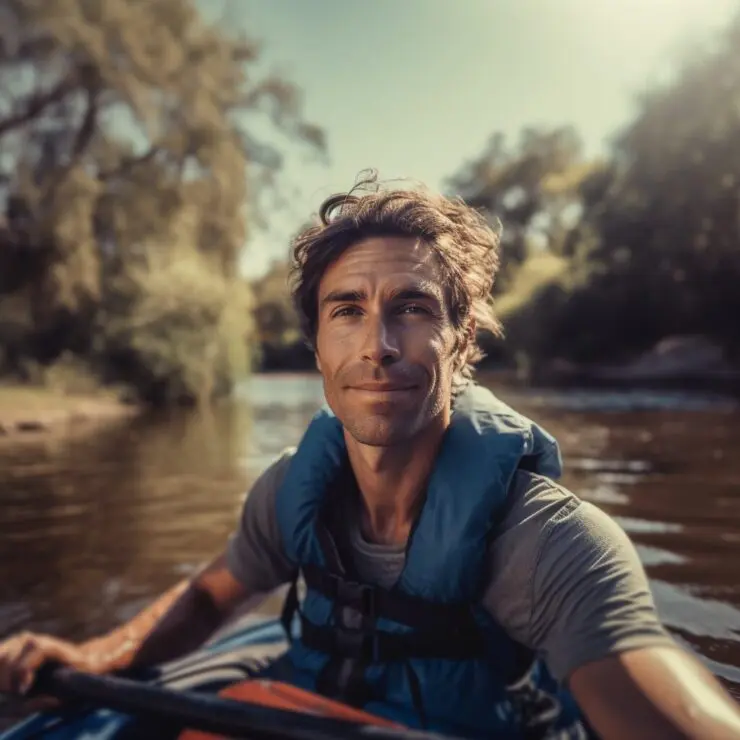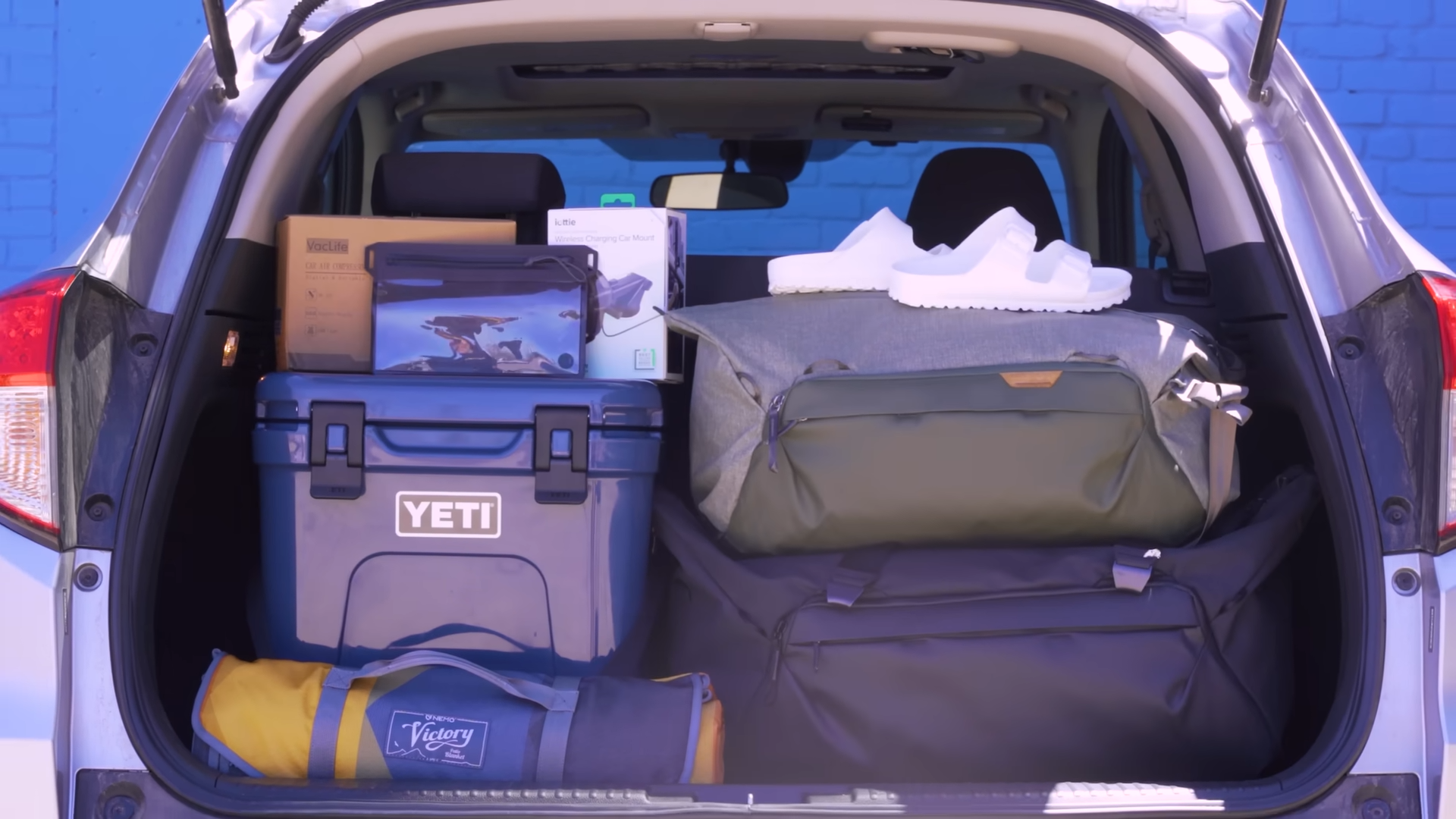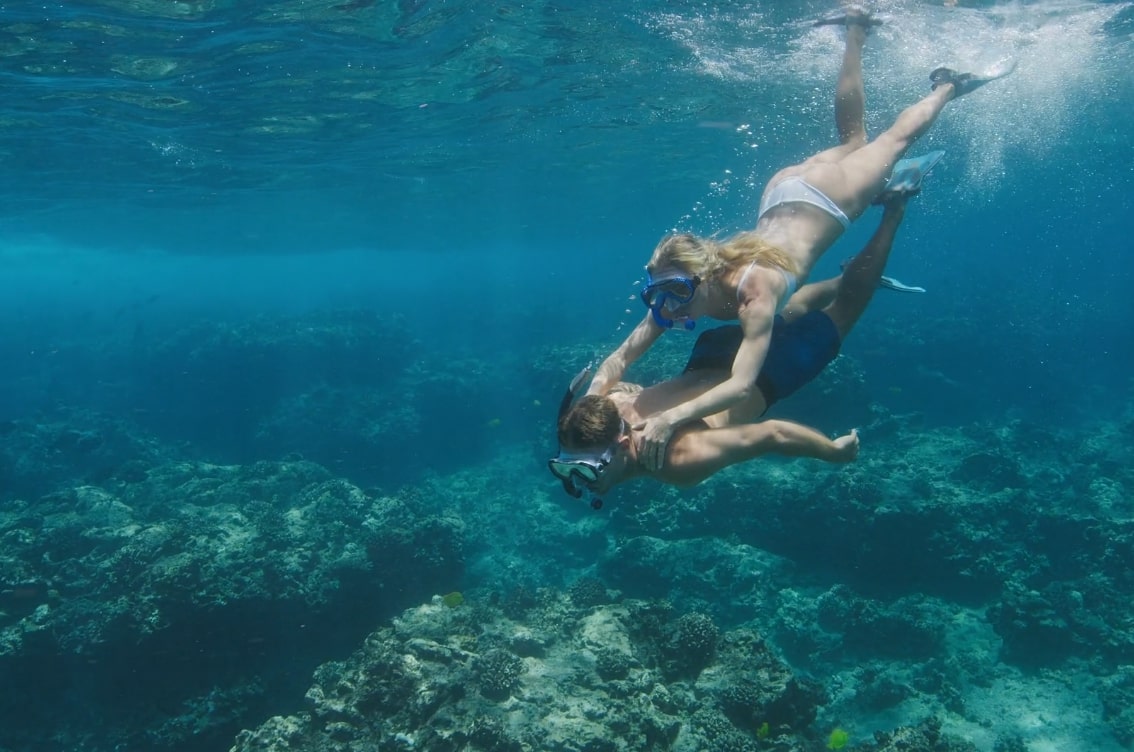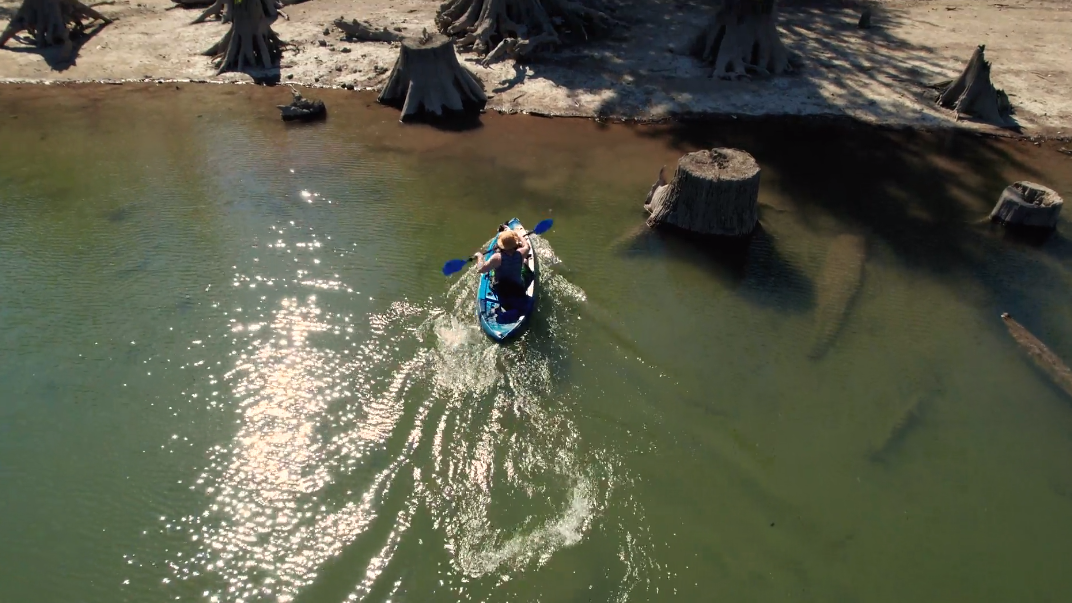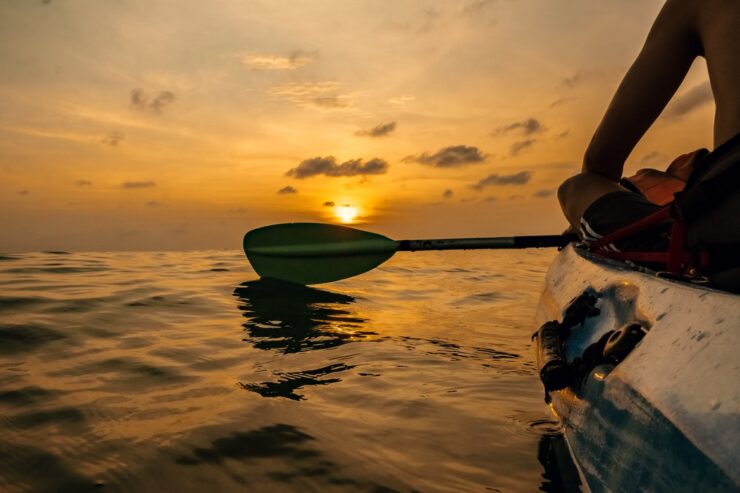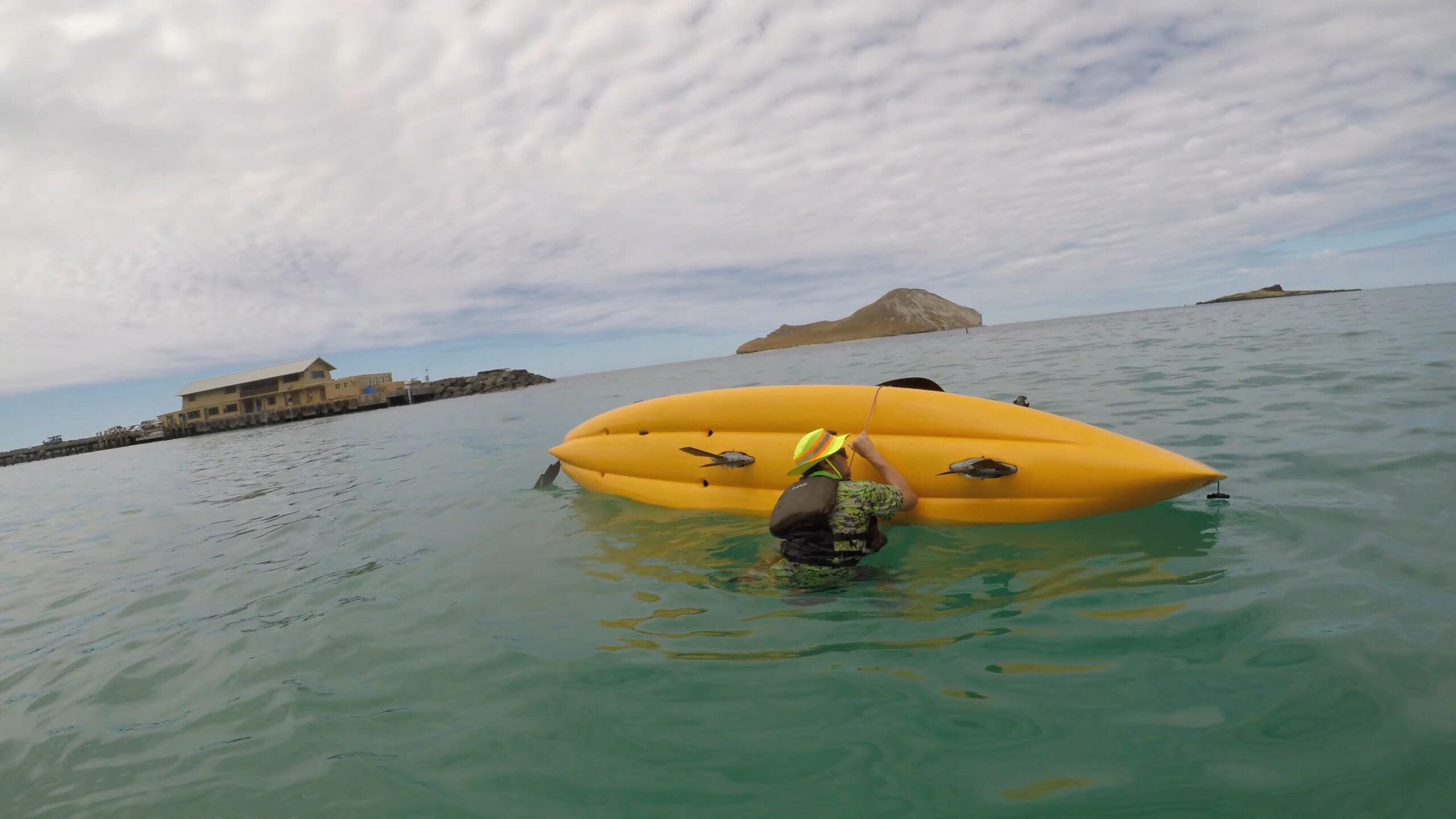Nobody wants to think about the bad times and potentially dangerous situations when they are having fun. Doing your favorite activities and enjoying the day is enough to forget about all of your problems.
Why would one then think about how things can go wrong and what to do in such a situation? Well, not all hobbies are the same and some imply much more safety precautions and contingencies than others.
One such example is fishing, one of the oldest and most useful activities available as a hobby. Not only can you secure food for yourself and your family, but it is a pleasurable, exciting, and fun experience every single time.
With that being said, it can also be dangerous if the angler doing it is not careful. This is particularly the case when they opt to hit the water in order to get closer to the fish. For something like that the fishermen need fishing kayaks.
Casting from the Kayak
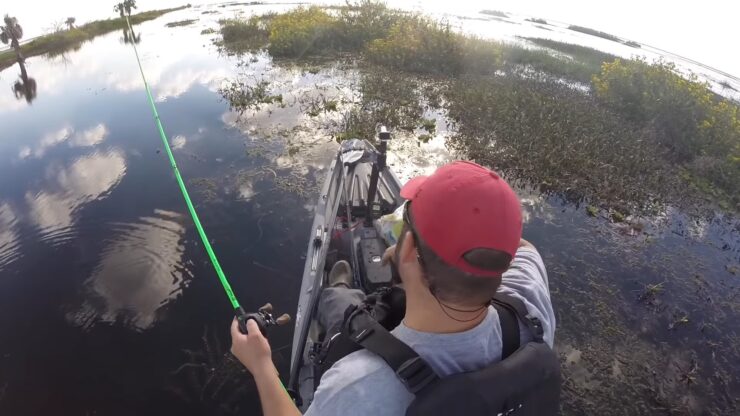
Fishing from the shore is the easier way to do it and the choice of most anglers, especially beginners and basic enjoyers. However, if you are serious about what you catch and how much of it, it would be better if you had a kayak to paddle away from the shore and find a good spot with plenty of fish.
Obviously, going into the deeper waters begs the question of whether or not you will capsize and can your vessel sink.
With kayaks, people tend to forget this because of how common they are and the fact they should be safe whatever happens. You do not go that far into the open waters, it is not smart to do it in bad weather anyway, and the stability of kayaks is enough to stay safe.
However, it is still a boat, you are still on the water, and the possibility for the kayak to sink is always there. The chances of it happening are low, but never zero. Therefore, you have to know what to do and more importantly, who to call when it happens.
Can a Kayak Even Sink?
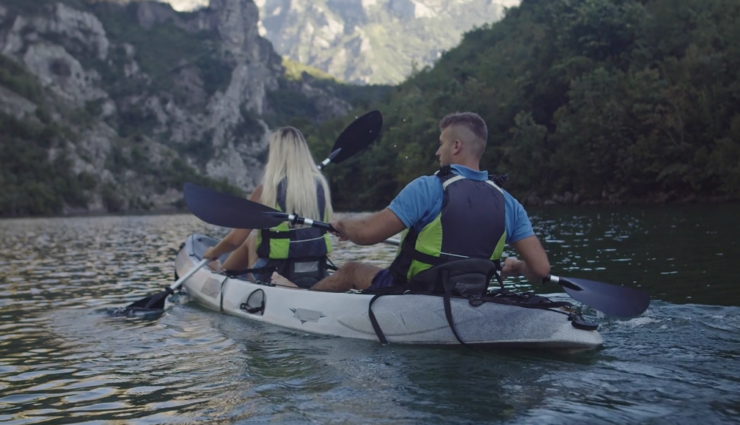
Here is a question that has been on the mind of every kayak angler out there, and yet something that many do not properly study and prepare for. The answer is yes, of course, it can sink. Any vessel can theoretically sink even though the probability for some is lower than the rest. It takes a lot to sink a fishing kayak but it can happen.
They are designed to carry the lone paddler and all of their gear and are meant to float on top of the water with ease. Modern models float without any issues even when there is a considerable amount of water inside. However, despite all of these features, a kayak can still stink just like the rest of the boats.
The thing that capsizes and sinks most kayaks is loading up more weight than the kayak in question can carry. Every model has its maximum load weight and it is something that should be respected.
Anglers forget to calculate their own weight and assume the load only refers to the gear and equipment. Not only should not never go over the limit, but it is smart to be a few pounds under the maximum, just in case.
When it comes to the type of kayak, sit-in kayaks are more likely to sink than sit-on-top ones for the obvious reason of filling up with water. Sit-on-top kayaks do not have nearly as much open room and are more similar to boards. There are not many places where water can remain for long and continue filling up. With sit-in kayaks, the case is completely opposite due to the completely open hull.
How to Prevent It?
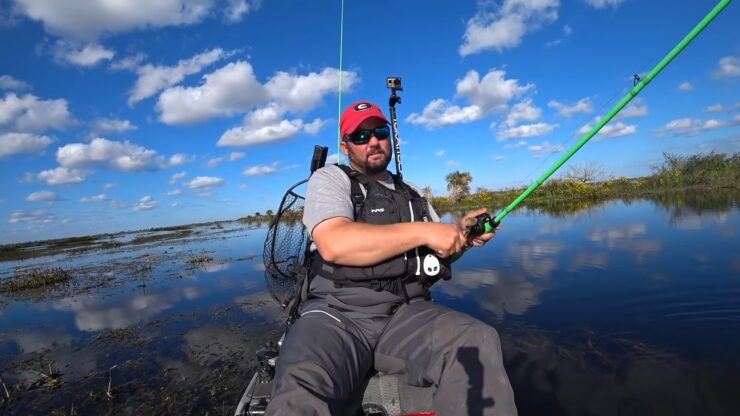
Before talking about who to call in a kayak sinking emergency, you should know how to properly prevent it from ever happening. Apart from never overloading it, you should carry a bilge pump every time you take the kayak out. This is a water removal device that kayakers typically use regardless of why they are paddling.
The pump is particularly great for sit-in vessels. It works in a way where you put it inside while there is water coming in, the palace the nozzle/hose over the side of the kayak. Then you start pumping and the water will start being sucked out and back into the river/sea. Without the pump, it is difficult to get enough water out on time before the kayak is overwhelmed due to the added weight of the water.
Who to Call?
Knowing who to turn to in a dangerous situation like this can be prevalent for saving your stuff, your kayak, and most importantly your life. There are several options to go with, depending on your circumstances, location, and environment.
1. Call/Yell for Help
If there are other people around you, yelling and calling them to aid you may be all you need to do. Somebody will paddle or swim to you and assist you in your time of need. Chances are you will be heading out with friends.
There may be fellow anglers nearby who will lend a helping hand. There is an unspoken comradery between enthusiasts of the same activity where they help each other.
2. Call 911 or Coast Guard
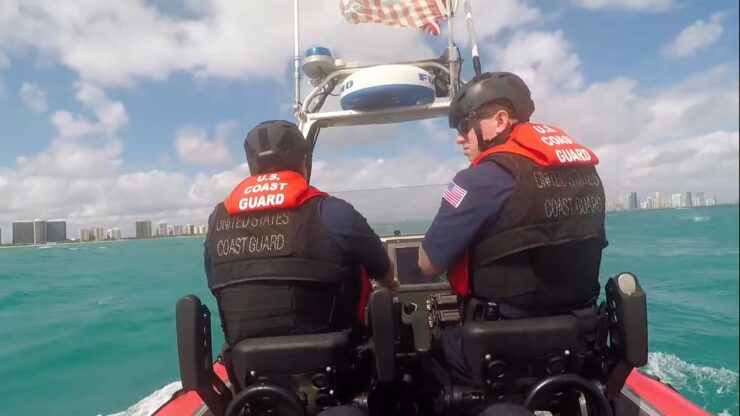
The most obvious thing would be to call 911 with your phone, provided it still works and the water did not get it. Calling the emergency services and special departments like the Coast Guard is always the best thing to do, but with sinking kayaks, there may be limited things they can do to help.
This choice is particularly problematic if you are far away from any town in the middle of nowhere. You are also limited to the number(s) you find which may not be enough.
3. Marine Radio
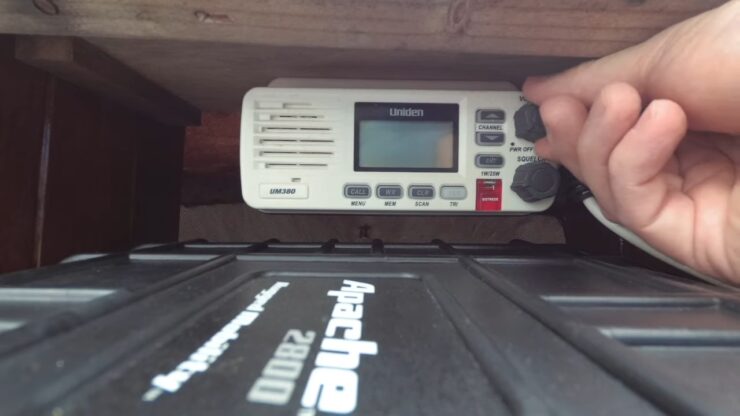
The best thing you can do to help your cause if your kayak is sinking while fishing is to turn to the Coast Guard another way. You should broadcast a distress call on VHF marine radio Channel 16.
Broadcasting a Mayday message alerts those who are keeping track of possible emergencies in the waters around them and they will receive it instantly. Then, all nearby boaters are altered and instructed to help before the Coast Guard gets there themselves.
Meet Maria Alexander, the fearless adventurer steering the ship at KayakPaddling.net. Her mission? To convince you that life’s too short for dry land and that the best stories always start with “So there I was in my kayak…”
Related Posts:
- Heavy Duty Fishing: 11 Best Rods And Reels For Big Fish 2024
- 16 Best Kayak For Beginners 2024 - Kayaking Adventure Gear
- 10 Best Saltwater Fishing Boats - Ultimate Angling Adventure
- 10 Best Inflatable Kayak 2024 - Rivers, Lakes & Open Seas
- 10 Best Kayaks For Camping 2024 - Lightweight and…
- 12 Best Motorized Kayak 2024 - Start Your Aquatic Adventure!

